Colleagues in Taring Padi, the amazing Indonesian political art group that I recently spent some time with, produced a calendar a couple of years ago featuring beautiful paintings of 6 prominent indigenous leaders from different regions of the archipelago. Indonesia’s indigenous peoples are numerous, incredibly diverse, and well organized in defense of their lands, livelihoods and traditions.
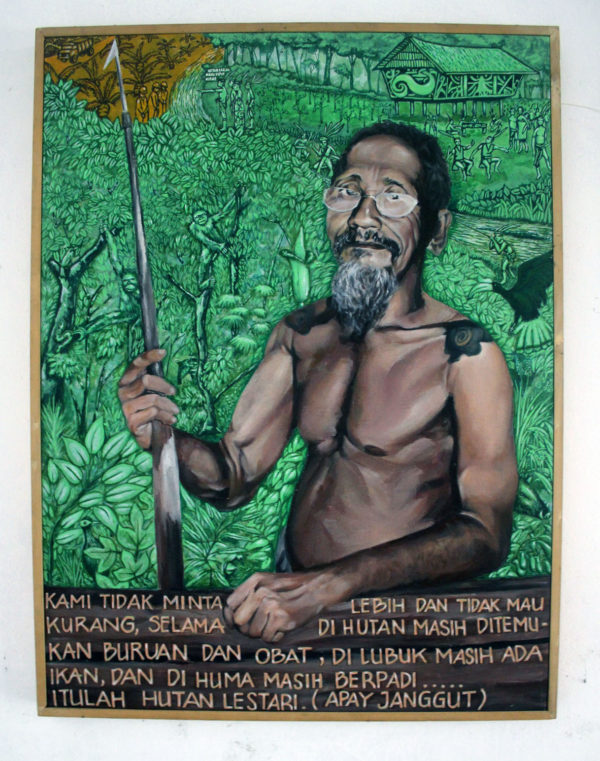
Born in the Sui Utik longhouse in Kapuas Hulu, West Kalimantan, Apai Janggut became the Longhouse Chief of Iban Dayak longhouse communities in Sunggai Utik. Throughout his life and into his old age, he continues to defend indigenous territories of the Dayak Iban in the Menua Utik River area from the invasion of oil palm and timber plantations. In 2008, indigenous peoples in Sungai Utik received awards from the Ministry of Forestry, for their efforts to preserve indigenous forests and local wisdom.
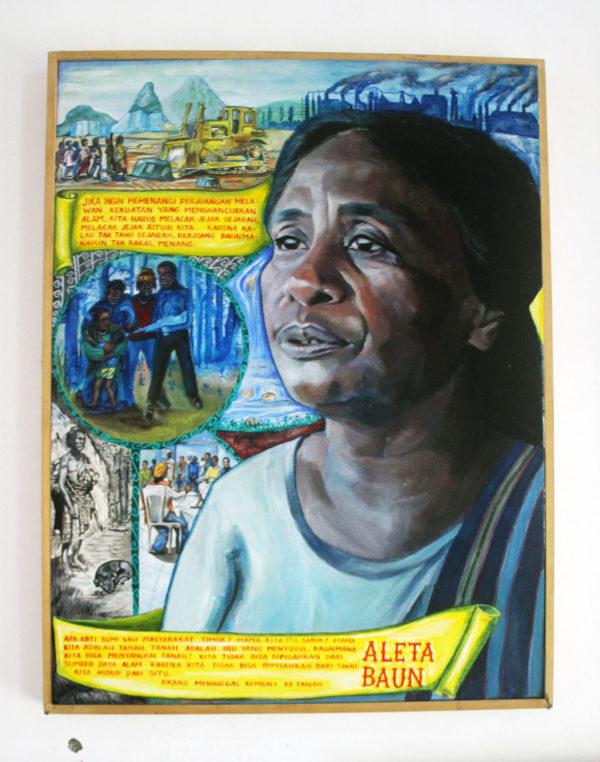
Aleta is often called Mama Aleta, from the village of Mollo, East Timor, often called the heart of the island of Timor. A former household assistant who taught herself customary law to help community organizing against mining in and around. Mollo. Mama Aleta has won four cases against mining in the area since 1996. She also developed methods of organic organizing and empowering women in the process of maintaining indigenous territories and their natural resources. Mama Aleta justgraduated with a degree in civil law. Because of her love for the forest she dedicated herself completely to fight for the survival of the indigenous dynamic and the rights of women.
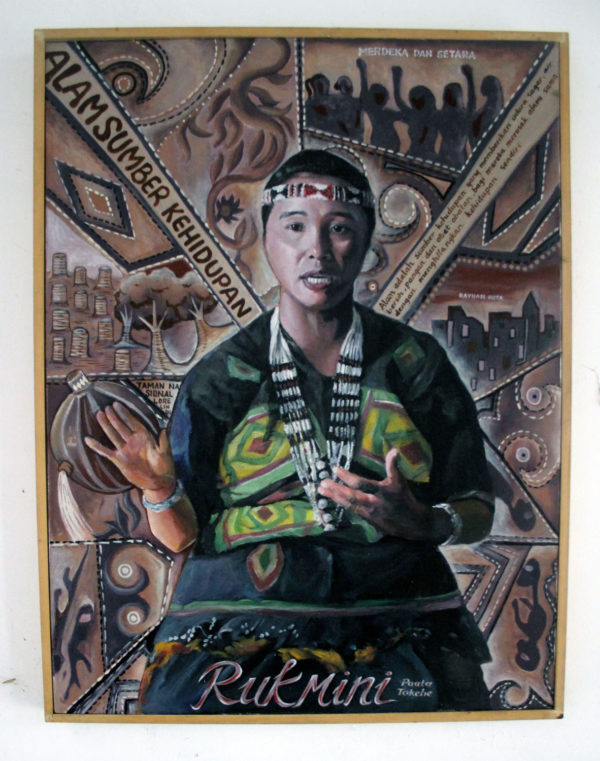
Rukmini is synonymous with Ngata communities (villages) in the Toro Kulawi district, Dongala regency, Central Sulawesi. The Ngata Toro are located within the boundaries of Lore Lindu National Park. Rukmini became one of the driving forces in the Ngata Toro community who oppose the government abuses. After a long struggle the Ngata Toro community gained recognition of their land rights from Lore Lindu National Park. In addition to the struggle against the mismanagement of Lore Lindu National Park, Rukmini also formed the Ngata Toro Indigenous Women Organization, known as OPANT. This organization was formed to expand the role of indigenous women in the conservation and management of natural resources in Ngata Toro. In 2001 OPANT obtained full recognition of the Indigenous Peoples Assembly, so that indigenous women can be incorporated into the the highest decision-making structures in Ngata Toro.
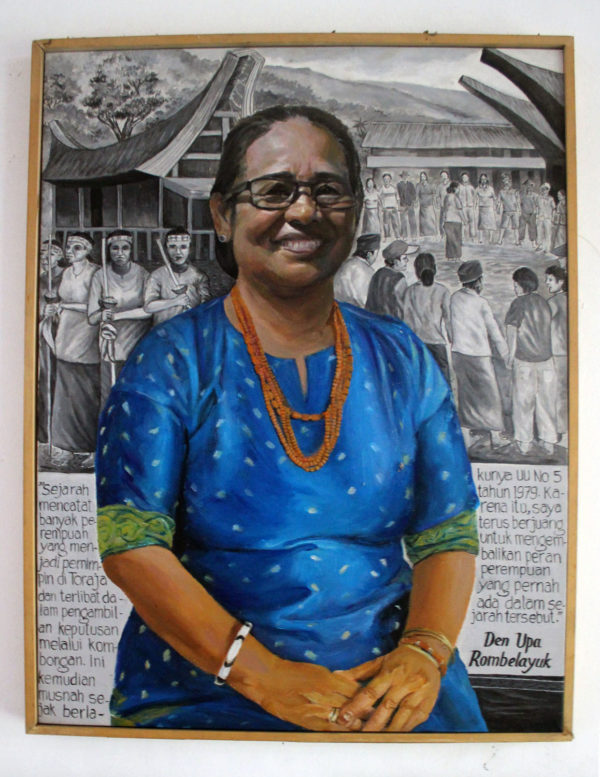
An Indigenous leader from Tana Toraja, South Sulawesi, Den Upa is the inspiration for indigenous women across the country. In 1992, she was chosen by the community as a village head in Nanggala. She used this opportunity to reinstate the position of women in the highest decision-making structures in the indigenous Toraja nation. Den Upa also took a role in encouraging active involvement in economic activities. Den Upa is one of the founders of the Indigenous Peoples Alliance of the Archipelago and recently became a member of the National Council of South Sulawesi.
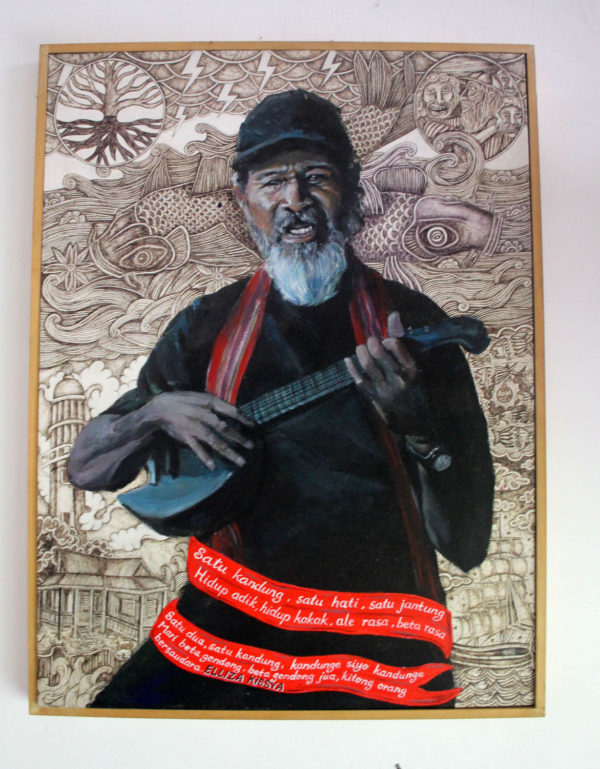
The Kewang (protecting the environment) Haruku are institutions that take care of the customary law of the sea, forests and rivers. Eli became a Kewang at the age of 21 years. Eli has been awarded the Kalpataru Award three times for his dedication to the environment in Haruku. Eli has struggled all his life against gold mines and fish-bombers, and volunteered in the process of post-conflict reconciliation in the Moluccas. He also worked to establish small Kewang, teaching love of the environment to children through local wisdom. Eli fully adheres to the love of the environment and the understanding of people as a family in which all are related. At 63 years he is often found singing with ukulele made by himself. Eli has also written hundreds of quatrains related to environmental issues.
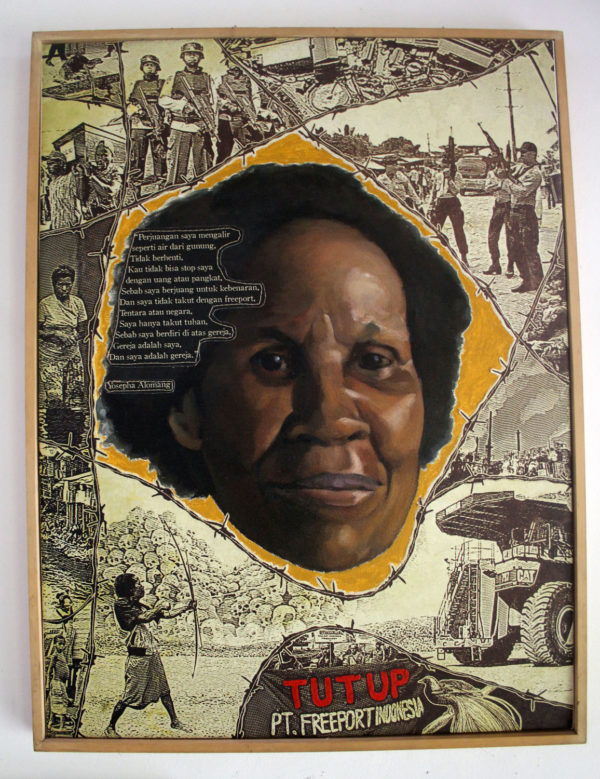
A woman warrior of Amungme, Papua, Mama Yosepha is one of the founders of the Alliance of Indigenous Peoples of the Archipelago. She was widely known since she burned the airport at Freeport McMoran Copper and Gold and in 1996 she filed a lawsuit against these companies. As a result of this opposition mama Yosepha experienced various forms of violence such as intimidation, imprisonment and torture. Often she was accused of being a separatist. She had even been imprisoned in a container containing only a stool and forced to confess to the murder of Kelly Kwalik, leader of the Free Papua organization. Yosepha never give up. She continued to fight. In 2001, she was awarded the Goldman Environmental Prize, an award for those who have consistently fought for the preservation of the environment.
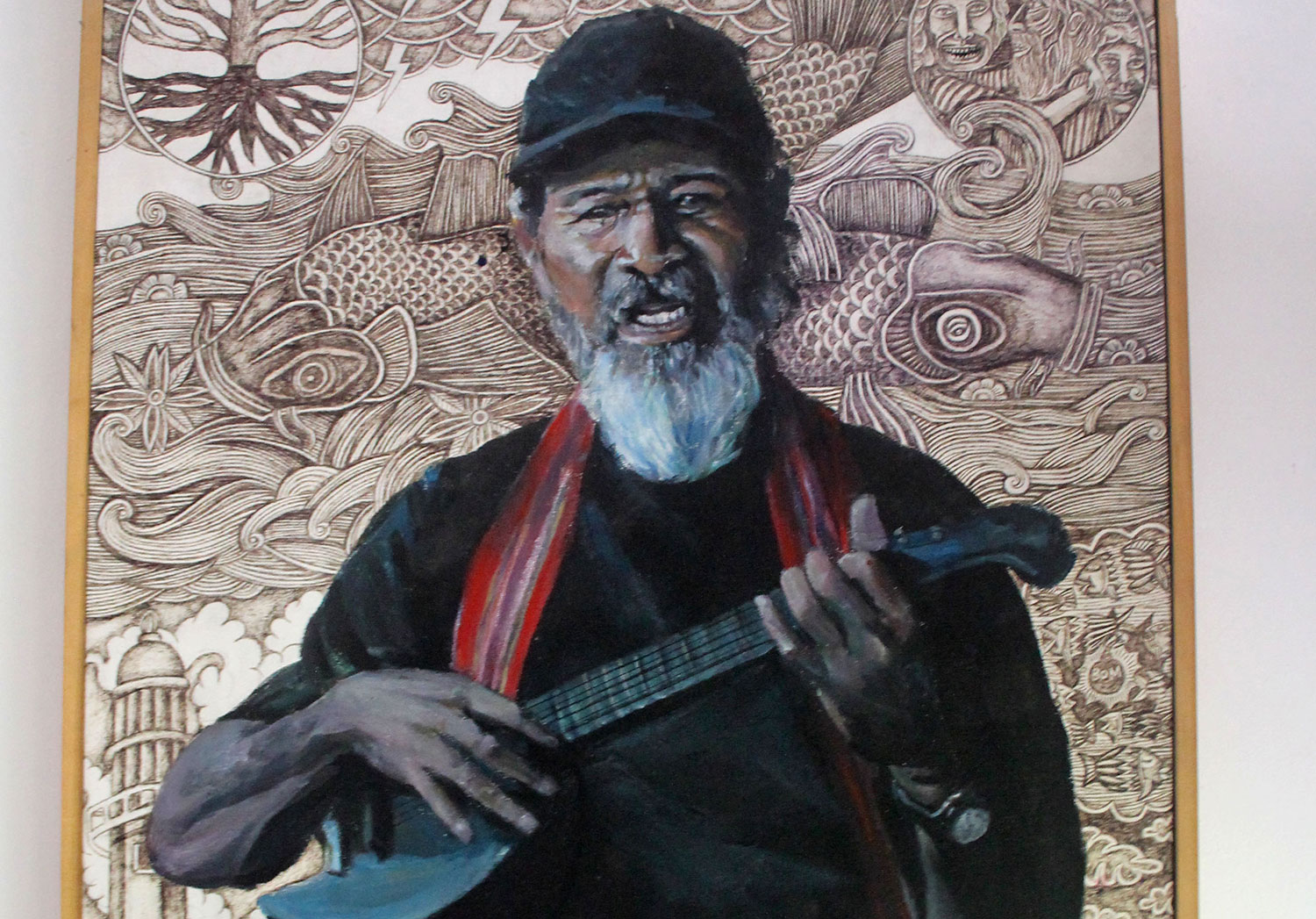

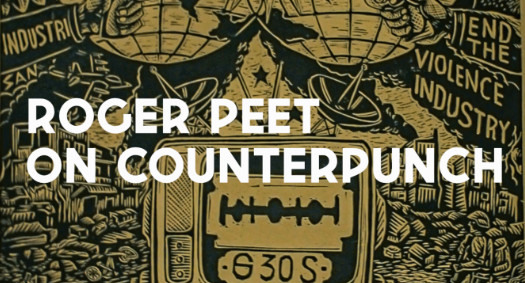
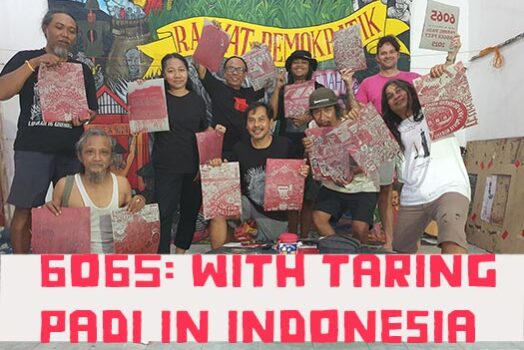
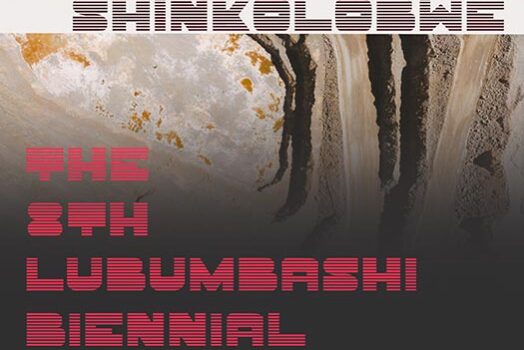
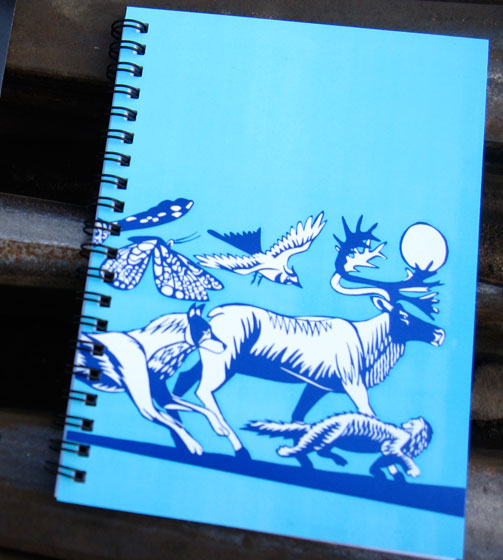
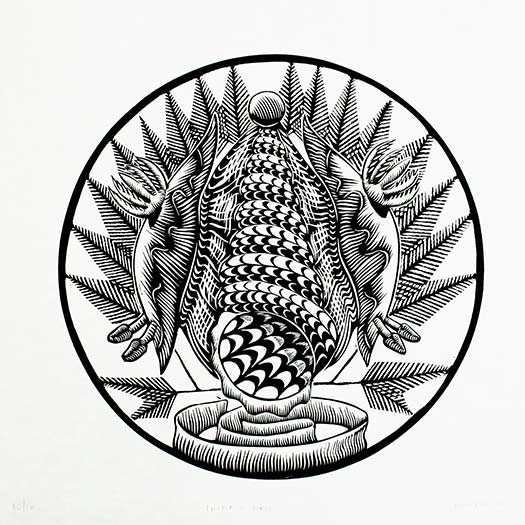
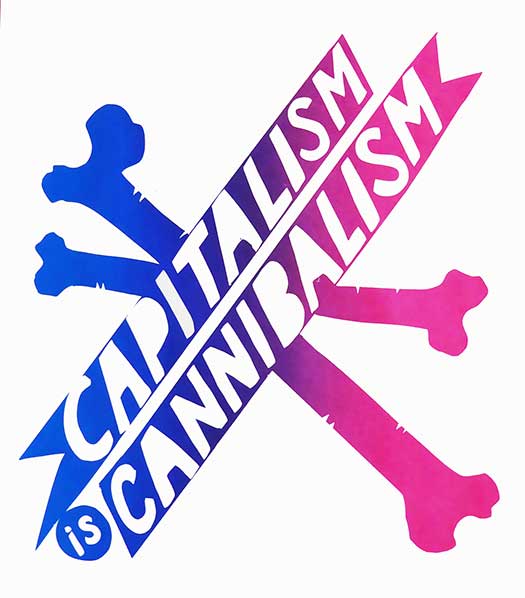
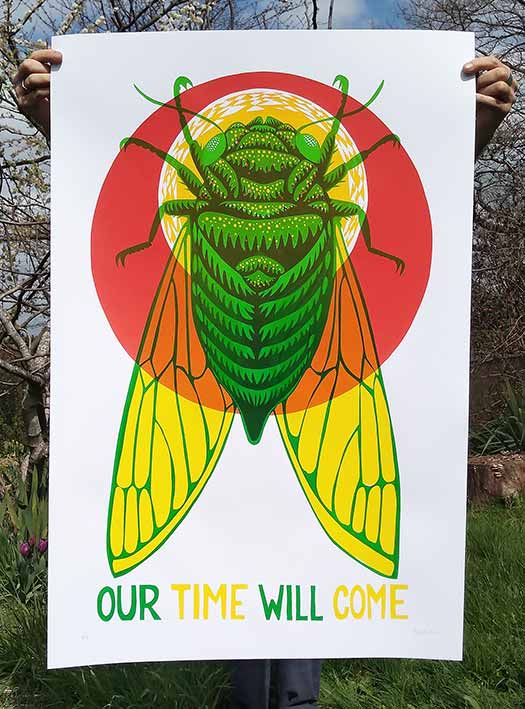
Salam sejahtera Taring Padi.
Bagaimana saya boleh dapatkan potret-potret di atas secara digital, berbayar atau percuma.
Saya nak buat poster dalam kuantiti kecil.
Terima kasih.
Hi Roger, I absolutely love these portraits, especially the one of Eli from Maluku. Where can I get a copy of the calendar?
Best,
Suli
Bagaimana caranya saya memperoleh buku-buku terbitan Taring Padi, terutama buku-buku bertema Seni dan Politik Indonesia?
Mohon konfirmasinya dan Terima kasih…
Sorry for delayed response- Suli, I’m not sure. I know that TP has a stack of the calendars at their spot in Yogya, but I didn’t bring any back to the US- too much to carry already.
Wahyu- Kami memiliki buku Taring Padi di toko-kami tetapi jika Anda berada di Indonesia Anda harus mencoba untuk berhubungan dengan Taring padi melalui halaman facebook mereka.
Izzeady- jangan ragu untuk men-download foto-foto, dan jika Anda ingin menghubungi Taring padi langsung untuk menanyakan tentang gambar, coba halaman facebook mereka.